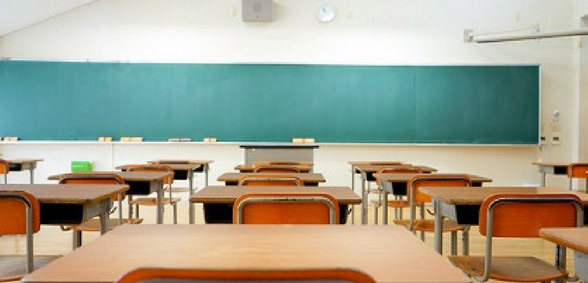
CREDIT: This story was first seen in Tes
Robert Halfon, chair of the Education Select Committee, will make the comments in a speech, Tes reports.
Independent schools should have to pay a levy to bring in disadvantaged pupils, according to the chairman of the Education Select Committee.
Robert Halfon has said not enough is being done to address “social injustice” that is “endemic in every part of our education system”, the Sunday Times reports.
In a speech to accompany the launch of the Joseph Rowntree Foundation’s report on poverty in the UK tomorrow, Mr Halfon will put forward a number of solutions – including the levy.
He will say: “The current social contract between the government and private schools is clearly not working. The government should radically redefine its relationship with them.
“It should set up a private schools’ levy to encourage the wealthier private schools to bring in society’s most disadvantaged pupils, which may include free school meal students, children in need or foster children.”
The MP for Harlow is also set to demand the introduction of 30 hours of free childcare for those in foster care – currently, they are offered only 15 hours.
The report, out tomorrow, will show that the attainment gap between children from richer and poorer backgrounds has opened up to approximately 19 per cent even before they reach school age. This gap widens through secondary school to around 27 per cent by 16.
Campbell Robb, chief executive of the Joseph Rowntree Foundation, has said: “It’s worrying that despite a raft of education reforms and an improvement in overall attainment, the gap between rich and poor pupils persists.
“We need to stop poverty in its tracks so poor children do not become poor adults.”
On the Andrew Marr show today, education secretary Justine Greening was challenged on the new report on UK poverty and she was asked whether there was a crisis in the country.
She replied: “I think there is a real problem that we need to fix. Britain is not a country where we have equality of opportunity.
“Where you grow up affects your future far too much. This is a generational challenge.”
But Ms Greening added that school standards were rising, the attainment gap was narrowing and technical education reforms had been introduced.
The Department for Education said: “Our data shows the attainment gap between disadvantaged children and their peers has narrowed, that there are more people from disadvantaged backgrounds entering top universities than ever before and over 90 per cent of apprentices go into further work or training after their apprenticeship.”
Don’t forget to follow us on Twitter and keep up-to-date with the latest news and features
